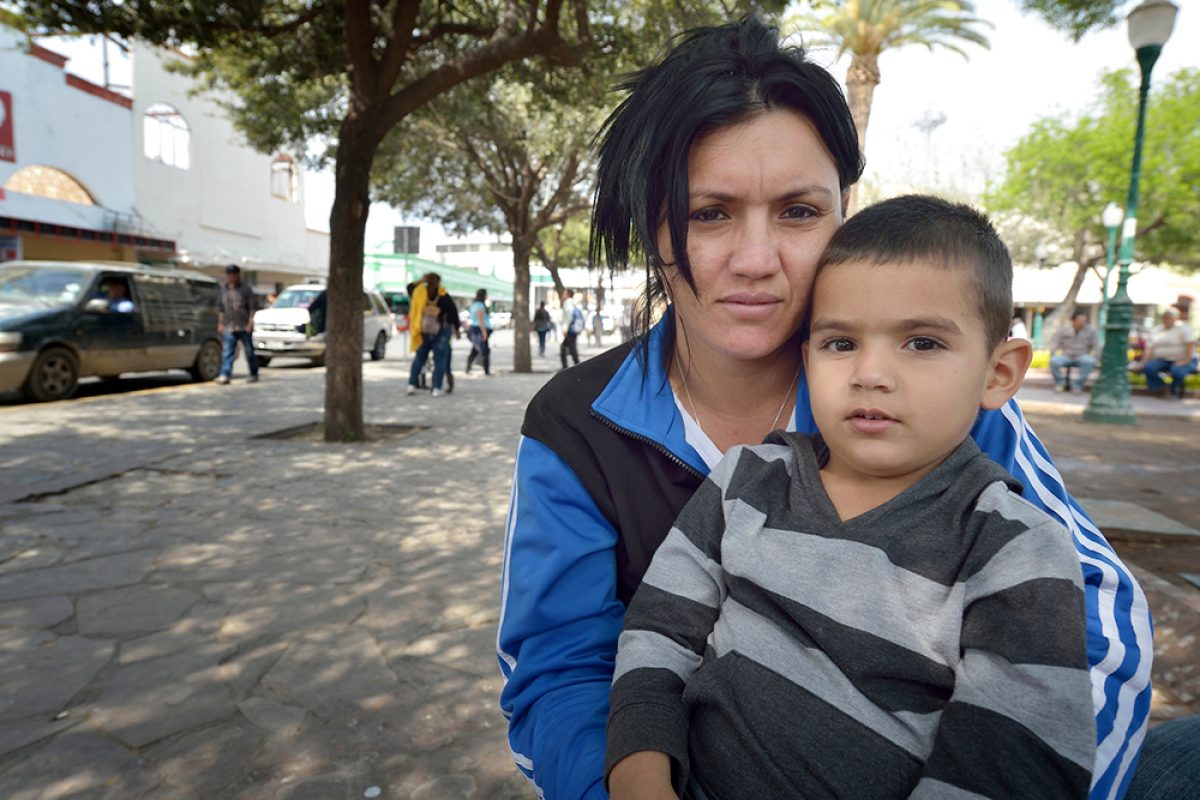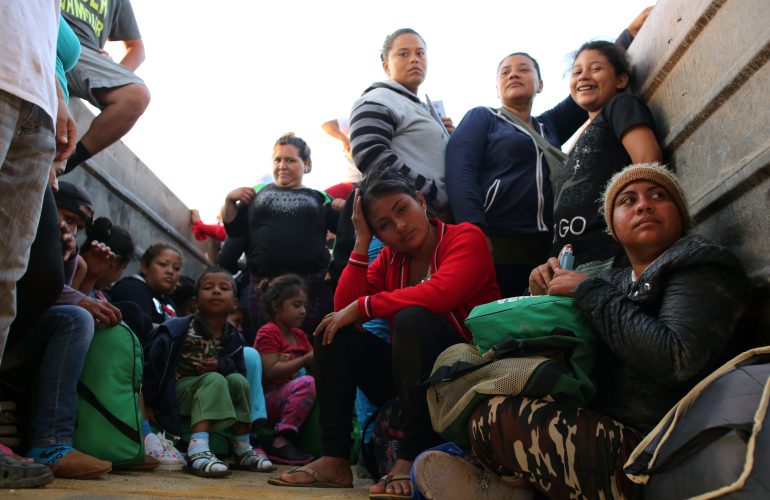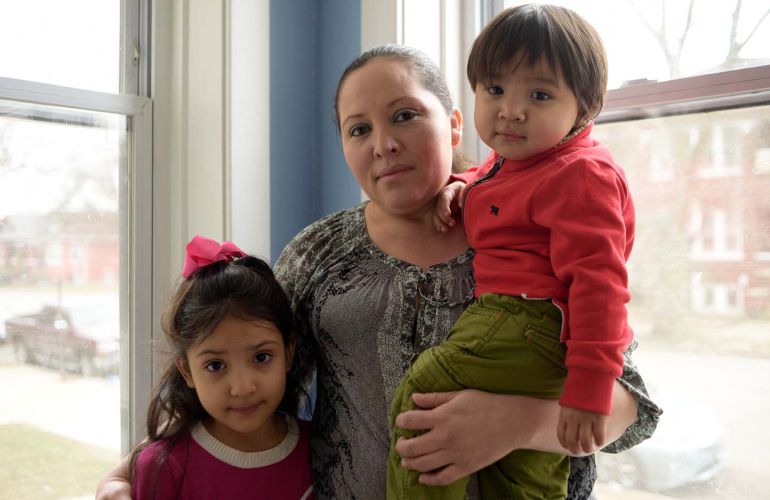Time to Move Forward – Not Backward – on Migration Issues

Let us not regress on current achievements, but instead move forward by deploying the necessary means – civil society organizations ask States negotiating the new international agreement on migration.
“What is at stake in these negotiations is to make sure we do not regress on existing good practices and international human rights instruments, but build upon the diversity of mechanisms already in place across the globe,” said a group of civil society organizations in a joint statement issued on 13 March.
The joint statement was delivered at the second round of intergovernmental negotiations around the UN Global Compact for Safe, Orderly and Regular Migration taking place in New York from 12-15 March.
The civil society statement highlights the “historic opportunity” to develop a “framework for migration governance that protects all migrants and leaves no one behind.” It praises the current draft of the Global Compact as “comprehensive and offering many practical elements for effective implementation.”
The civil society statement calls on States to provide “non-discriminatory access to basic services” for both “regular” and “irregular” migrants alike. According to the statement, such a distinction is “not conceptually clear” in the draft and throughout the negotiations and “thus presents real issues at the ground level.”
The statement also requests the discussion of “safe and regular pathways” for people on the move, particularly in view of the “vulnerabilities faced by irregular migrants.”
The statement acknowledges that the two UN Compacts – on migration and on refugees – are being developed through separate processes. However, it points out the need for both to “work together to identify ways to manage mixed migration flows.”
“Looking at complementarity” between the two agreements is “part of the mandate that the community of states has committed to in 2016” by adopting the New York Declaration for Refugees and Migrants.
We would rather see “an overlap of issues, than an ‘underlap’ of issues resulting in large groups of people left behind by both [Global Compact] processes, in particular migrants in situations of vulnerability,” reads the statement.
The civil society organisations emphasise the need for “adequate multi-year long-term funding for human mobility and migration” to support the implementation of the Global Compact commitments. They also highlight the importance of a “multi-stakeholder approach in the follow-up and review, with a key role for migrants and refugees themselves.”
The statement was jointly developed by the International Catholic Migration Commission and the Global Coalition on Migration, with inputs from the migration-focused organisations of the Civil Society Action Committee.
- Read the joint statement
- Lee el pronunciamento conjunto
- Lire la déclaration commune
Note to editors: ICMC Senior Policy Officer Sophie van Haasen coordinates ICMC’s input and engagement with Member States, the Global Compact co-facilitators and other stakeholders during the negotiations of the Global Compact for Migration in New York, in close liaison with civil society partners. Contact Ms. Van Haasen by email.


